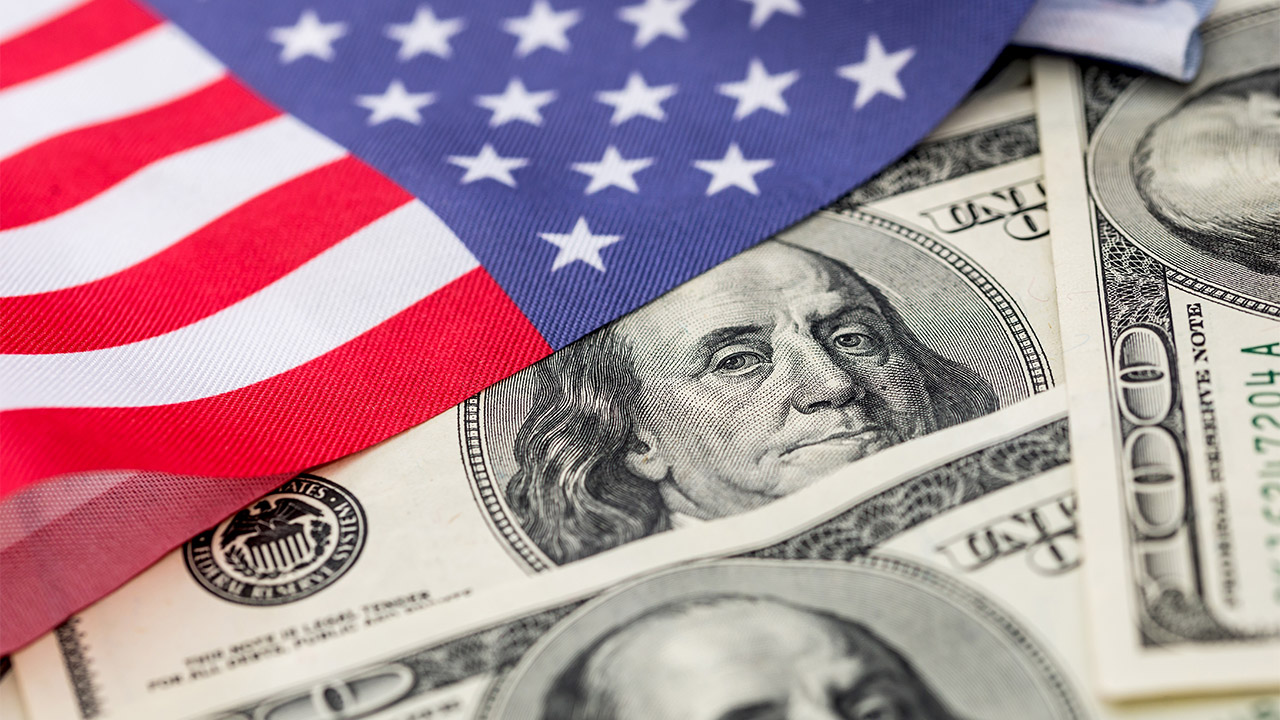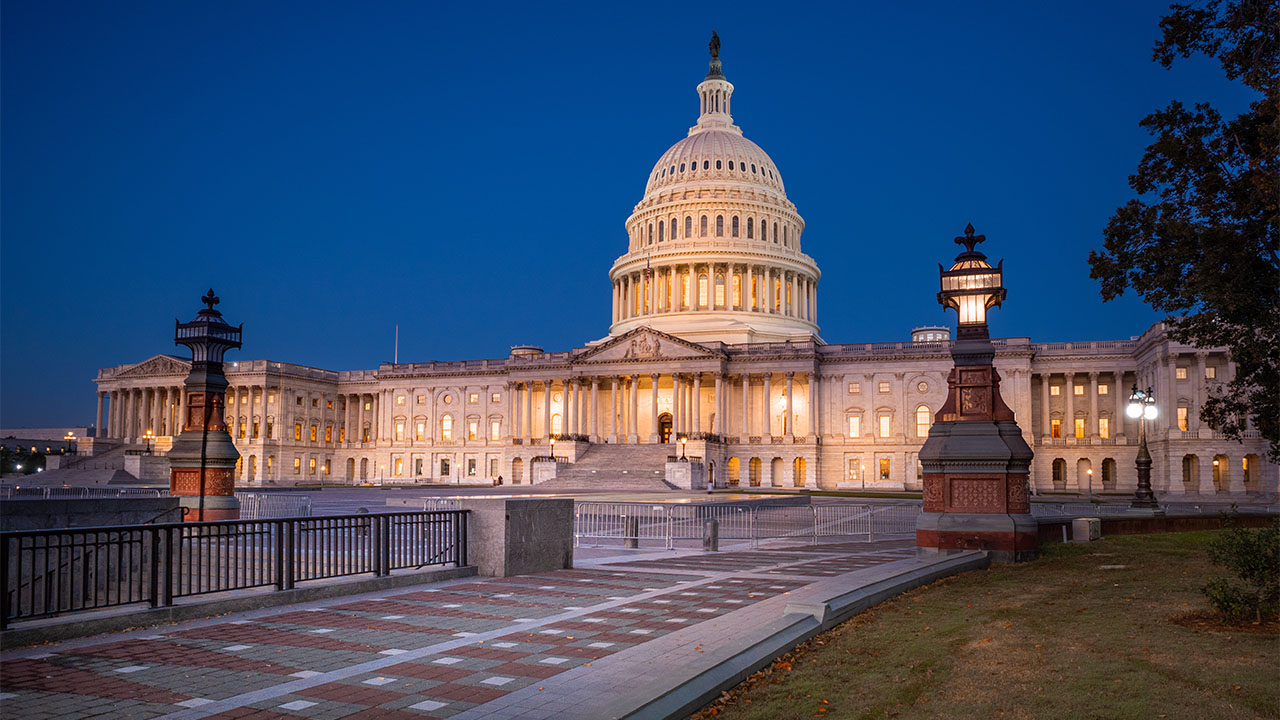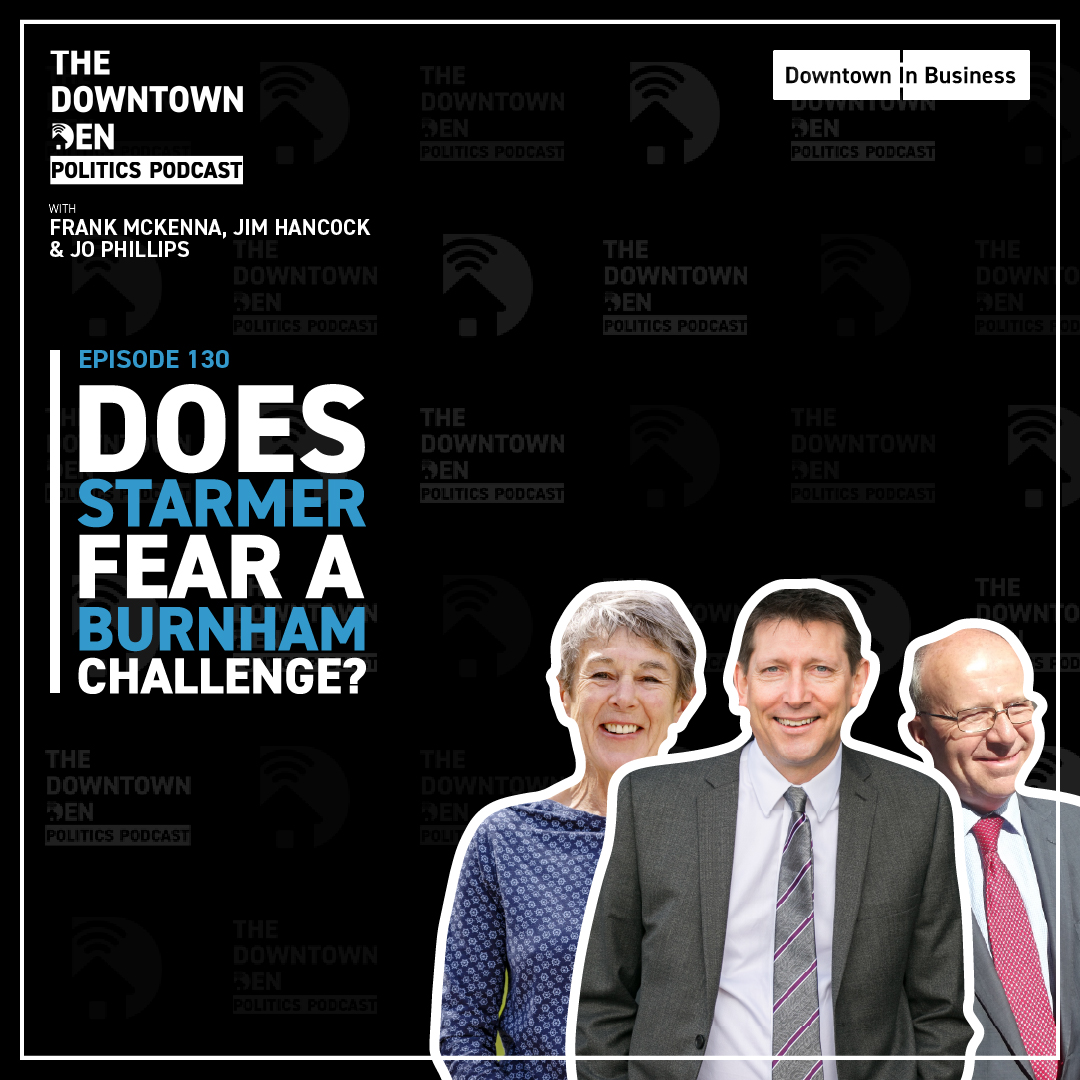‘When America sneezes, the World catches a cold.’
This rework of Austrian economist Klemens von Metternich’s quote has stood the test of time for nearly a century, and despite the rise of China, the potential of the European Union, and the stoic nature of Japan, the US remains the world’s largest and most vibrant free market economy by some comfortable distance.
But the coming weeks are perhaps the most important for the US economy and, by extension, the World.
We will see the latest earning reports from many of America’s best loved businesses and stock watchers, central banks and anyone with a pension, car loan or mortgage is paying close attention. We will also see Job Report numbers – unemployment figures – on Friday following layoffs in Silicon Valley and Seattle.
Even if you don’t live or do business in the United States, your personal wealth could be impacted by the health of the US economy because of the unrivalled reach and power of the companies and brands which do call America home.
So far in 2023, the main US stock market indices have been on a hot streak.
The DOW Jones has added 20%, S&P 500 is up nearly 18% and the tech sector, which suffered in the recent downturn, has come roaring back as chip manufacturers boom and Google, Microsoft and Meta cut costs and overheads.
But the upcoming reports will show whether the recovery in stock price reflects a positive shift in the wider economy or just structural improvements and cost cutting, share buy backs and dividend protection.
In the coming days a lot of big bets will be placed.
If investors, both institutional and retail, believe the economy has turned a corner, they may pile into buying stocks which they determine are cheap compared to where they will be in twelve months-time.
But there are many who are warning that the good news on Wall St. so far this year, may be a false dawn rather than heralding the end of the bear market and the return of the bulls.
They will point at the conflict between the US Treasury and the Fed. These two behemoth institutions are sending wildly diverse messages.
The Treasury, the economic department of the US Government, is signing huge cheques and spending trillions of dollars on infrastructure, defence, climate change mitigation, and shoring up the banking sector. Their foot is firmly on the accelerator pedal trying to drive the US economy forward quickly.
The Federal Reserve – the central bank – has a 180 degree view. With their foot firmly on the brake they are pumping up interest rates to try and squash inflation, weaken the job market to slow wage inflation, and reshaping the bond market where 2 year paper is offering a guaranteed 4% return.
As any parent teaching their kids to drive knows, if you are stepping on the gas and the brakes at the same time, something is going to snap!
Understandably, consumers and ordinary citizens aren’t sure what to do.
The banking crisis, with the folding of Silicon Valley Bank, has led to a sort of run on the banks, especially smaller regional banks which are the mainstay of many communities and small-medium sized businesses.
When bank deposit holders get spooked, they pull their cash out, which in turn leaves the banks unable to make loans. In the past few weeks US bank accounts have seen more than $600billion withdrawn. Unless all that cash is in shoeboxes or under the mattress, it is looking for a home.
Short term bonds, money market accounts and, of course, the stock market are obvious places for those savings to rock up. Others may decide to spend it on new cars, real estate or travel now that Covid 19 restrictions are lifted but leaving it in the bank seems like the least popular choice.
So, if the US economy does wobble further, more banks fold, and the axis of Saudi, Russia and Iran restrict gas and oil supplies to push up profits, what is the knock-on effect?
Well, the experts will be out in force on CNBC, CNN and Fox News sharing their advice and insights.
But I’m taking my own poll – unscientific and not to be relied upon as investment advice – but in such wild times, sometime it’s the people we know who know best.
I have been talking to business owners here on the Florida Coast. Listening to the opinions of travel and tourism businesses we work with across the South and South-east. I’ve been watching the spending habits of the families from Dallas, Atlanta, Nashville, and Houston who have descended on our beaches to enjoy Spring Break, and I’ve responded to the varied requests we receive in our real estate business.
Based on what I am hearing, I think the evidence is clear.
Businesses can’t find enough available staff to fill all their slots, especially in the service sector. Waiters, kitchen staff, sales assistants and hotel workers are in short supply and the end of college and school year – around the end of May in the South – can’t come soon enough to provide the labour supply required. But kids are savvy and wont work for nothing, so labour costs will continue to rise.
Firms who struggled to get supplies, merchandise and inventory during the Covid-19 lockdowns are saying the supply chain is fixed and reliable again, warehouses are full, and cash is being freed up for growth rather than tied up in stockpiling goods and supplies.
But big-ticket purchases are on hold. At this time of year, I’m normally fielding calls from middle income, middle class prospective buyers looking for beachfront homes or apartments, but that has slowed significantly. As the cost of borrowing has gone up dramatically, the return on rental properties has slumped. The market here has shifted from people buying ‘homes to live in’ to ‘homes to rent out’ in the past few years and now, that is less appealing. Also, sellers – conditioned to expect bidding wars to push their property prices ever skyward – are slow to accept the market has changed so are either unrealistic in their expectations, or taking my advice and waiting another 12 months to list.
Where there is movement in the real estate market, I am seeing it in ‘all cash’ deals. If you’ve got a million in greenbacks, perhaps from that bank withdrawal, maybe you are looking for a home for it, literally.
And finally, consumer spending and sentiment seems strong – at least amongst the families queuing for pizza, drinks, ice cream and t-shirts, hats and beach paraphernalia in our small town. Store owners are reporting $20,000, $30,000 even $50,000 repeat days in takings.
If the bottleneck in our supply chain is truly over, that removes a huge driver of inflation – too many dollars chasing too few goods.
While the hot property market takes a pause before interest rates return to normal in the coming year, families are still eager to travel and put the money they perhaps squirreled away during lockdown into having fun.
I think these are healthy signs for the economy, especially for airlines, gas companies, credit card companies and discretionary spending on fun stuff like Disney, Lululemon, Nike, Amazon and Apple.
So, are we expecting a big sneeze?
There are some cold winds for sure, but perhaps it’s just living at the beach, I’m not reaching for the Lemsip just yet…
Sante!














